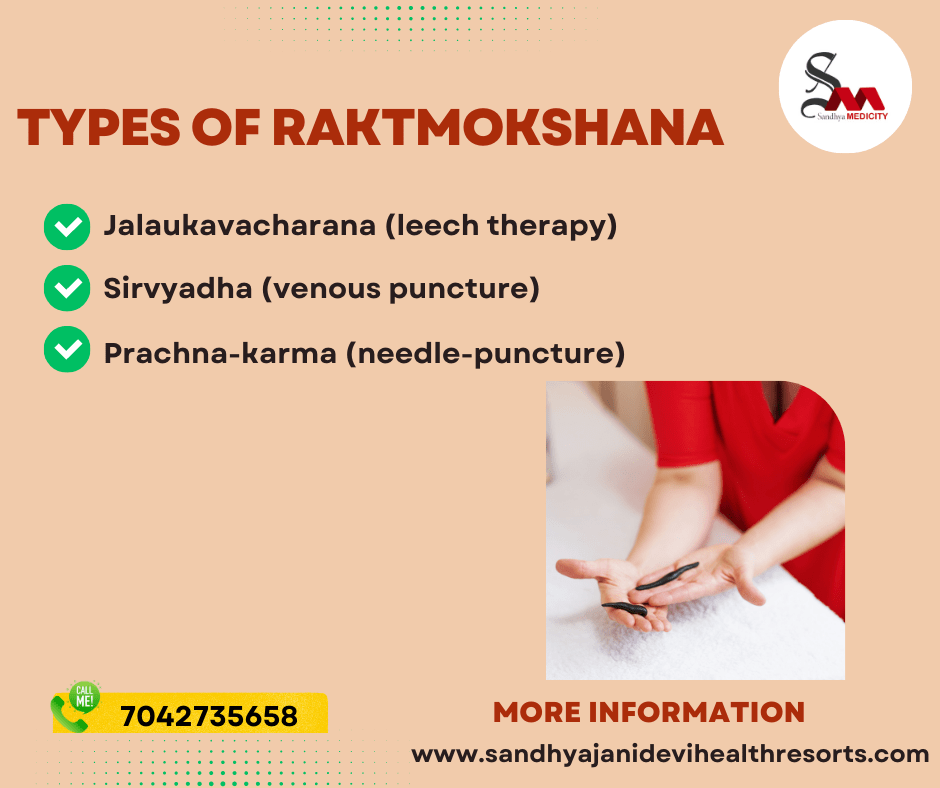Piles treatment, also known as hemorrhoids, are swollen veins in the lower rectum and anus. They are similar to varicose veins and can be internal (inside the rectum) or external (under the skin around the anus). While they can be uncomfortable and sometimes painful, they are usually not serious. Understanding the symptoms, causes, and treatment options for piles can help manage the condition effectively.

Symptoms of Piles
The symptoms of piles vary depending on the type and severity. Common symptoms include:
- Bleeding during bowel movements: This is one of the most common symptoms of piles. You might notice small amounts of bright red blood on the toilet paper or in the toilet bowl.
- Itching or irritation in the anal region: This can be caused by the swollen veins.
- Pain or discomfort: This can occur during bowel movements or while sitting.
- Swelling around the anus: This is particularly common with external hemorrhoids.
- Lumps around the anus: These may be sensitive or painful.
It’s important to consult a healthcare provider if you experience these symptoms, as they can also be indicative of other more serious conditions.
Causes of Piles
Piles treatment develops from increased pressure in the lower rectum. Factors that might cause this pressure include:
- Straining during bowel movements: This is often due to constipation.
- Sitting for long periods: Especially on the toilet.
- Chronic diarrhea or constipation: Both can lead to piles.
- Obesity: Excess weight puts additional pressure on the veins in the lower rectum.
- Pregnancy: The weight of the baby increases the pressure on the pelvic blood vessels.
- Low-fiber diet: This can lead to constipation and straining during bowel movements.
Piles Treatment Options
There are several piles treatment options available, ranging from lifestyle changes and home remedies to medical and surgical interventions.
Lifestyle Changes and Home Remedies
- Dietary Changes: Increasing fiber intake by eating more fruits, vegetables, and whole grains can help soften stools and reduce straining. This is one of the most effective piles treatment food strategies.
- Hydration: Drinking plenty of water helps keep stools soft.
- Regular Exercise: This can help prevent constipation and reduce pressure on the veins.
- Avoiding Straining: Going to the bathroom as soon as you feel the urge can prevent straining.
- Over-the-Counter Treatments: Creams, ointments, pads, and suppositories can help reduce pain and swelling.
Medical Treatments
- Medicines for Piles treatment: If home remedies are not effective, doctors may prescribe medications such as topical creams containing hydrocortisone or oral pain relievers like acetaminophen or ibuprofen. These can help reduce pain and inflammation.
- Minimally Invasive Procedures: For persistent piles, procedures such as rubber band ligation, sclerotherapy, and infrared coagulation can be effective. These procedures are typically done in a doctor’s office and involve minimal recovery time.
Surgical Treatments
- Hemorrhoidectomy: This is the surgical removal of severe piles. It is typically recommended for large or persistent hemorrhoids that do not respond to other treatments.
- Hemorrhoid Stapling: This procedure blocks blood flow to the hemorrhoid tissue, which causes it to shrink. It is less painful than hemorrhoidectomy and allows for a quicker recovery.
Best Hospital for Piles Treatment
Choosing the best hospital for piles treatment is crucial for effective management and recovery. The best hospitals offer a combination of experienced specialists, advanced technology, and comprehensive care. Here are some factors to consider when selecting a hospital for piles treatment:
- Reputation and Reviews: Look for hospitals with positive patient reviews and high ratings for gastrointestinal care.
- Specialized Care: Ensure the hospital has specialists in proctology or colorectal surgery.
- Advanced Technology: Hospitals with access to the latest medical technology and minimally invasive procedures can offer more effective and less painful treatments.
- Postoperative Care: Good hospitals provide excellent postoperative care and support to ensure a smooth recovery.
- Accessibility and Comfort: Consider the hospital’s location, facilities, and the comfort level they provide to patients.
Dietary Recommendations for Piles Treatment
Diet plays a crucial role in the treatment and prevention of piles. Here are some piles treatment food recommendations:
- High-Fiber Foods: Including fruits (like apples, pears, and berries), vegetables (such as broccoli, carrots, and leafy greens), whole grains (like oats, brown rice, and whole wheat), and legumes (such as beans, lentils, and peas) can help prevent constipation and reduce the risk of piles.
- Hydration: Drinking plenty of water and other fluids helps keep stools soft and easy to pass.
- Avoiding Processed Foods: Processed foods often contain little fiber and can contribute to constipation. Reducing the intake of these foods can help manage piles.
- Probiotics: Foods like yogurt, kefir, and other fermented products can promote a healthy digestive system.
- Avoiding Irritants: Spicy foods, caffeine, and alcohol can irritate the digestive system and should be consumed in moderation.

Preventive Measures for Piles
In addition to treatment, there are several preventive measures that can help reduce the risk of developing piles:
- Healthy Bowel Habits: Avoiding straining during bowel movements and going to the bathroom as soon as you feel the urge can help prevent piles.
- Regular Physical Activity: Exercise can help maintain a healthy weight and prevent constipation.
- Maintaining a Healthy Weight: Reducing excess weight can decrease the pressure on the veins in the lower rectum.
- Proper Hygiene: Keeping the anal area clean and dry can help prevent irritation and swelling.
Conclusion
Piles treatment are a common condition that can cause discomfort and pain, but they are manageable with the right treatment and lifestyle changes. Recognizing the symptoms of piles early and seeking appropriate treatment can prevent complications and improve quality of life. Whether through home remedies, medicines for piles, or surgical interventions, there are numerous effective options available.
Selecting the best hospital for piles treatment and incorporating piles treatment food recommendations into your diet are essential steps towards managing and preventing this condition. By taking proactive measures, you can significantly reduce the risk of developing piles and ensure a healthier, more comfortable life.


